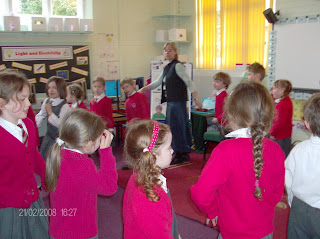How to Find Comenius partners
The hardest part of Comenius projects starts with partner-finding. It is hard but not impossible . You should be very patient, though. Never yield even if you can’t get any answers for a long time. Keep up searching and sending emails explaining your intention to as many schools as you can. We hope that schools in existing European partnerships will add new partners for a new Comenius application.
There are some ways that can be useful for finding partners :
Contact seminar
Contact seminars across Europe are run by all the national agencies and they are intended as partner finding events. Funding is available to cover your travel by your national agency. Moreover, contact seminars are really fun to attend, you meet 20-30 or more colleagues from different countries who come to the seminar to find project partners. You are usually given a corner to show posters, souvenirs, pictures, etc., to introduce their country, school and mostly their Project on the exhibition and they lobby and also discuss their Project plans after a kind of ice-breaking party. You also have a chance of city tour for sightseeing and dinner- parties so you have a nice time with fun and work together.
Global Gateway
This is also for international partnerships. If you register on the Global Gateway and include details about your planned Project and put Comenius into the keyword search, you will see that there are always schools looking for Comenius contacts, global partners.You can be one of their Comenius Contacts.
Personal contacts
You can search new partners and contacts if you, your family, friends, colleagues or admins know teachers abroad. Local or regional authorities may also have some other close contacts with other European Schools and provide you to be in touch with them.
European Schoolnet
This is an active forum where teachers in the EU advertise for project partners. It is possible to get lots of ideas right across the curriculum, many are for Comenius partners.
PartBase
Register your school and project with the Comenius partner-finding website or browse schools who have already registered.
eTwinning
This is a popular program in the UK because eTwinning website hosts a forum for teachers looking for eTwinning partners - project based European partnerships between two schools. There are project templates and good support available.
- eTwinning is a good way into Comenius - suitable for initial projects before you decide to apply for Comenius funding, and a very useful project space to help run your project. If you find your Comenius partners on eTwinning, you will have funding available to arrange a Preparatory Visit to meet your partner schools. www.etwinning.net
You see you are supposed to make use of every opportunity to run int’l links in your school!
http://www.globalgateway.org.uk/default.aspx?page=1557 is a good link to get the info above.






